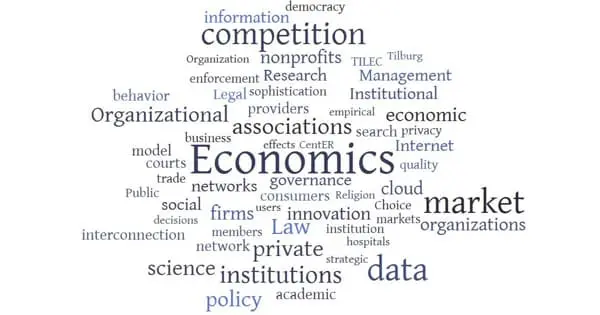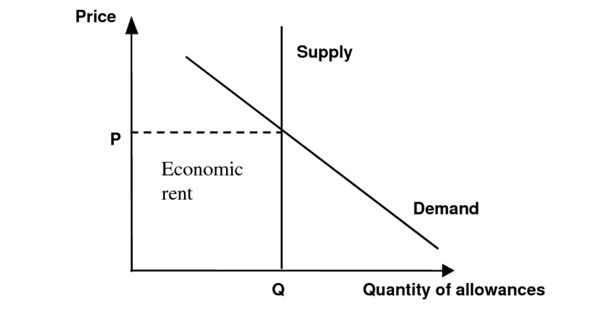Institutional economics is a sociocultural discipline and policy science that holds that economies can best be understood through an appreciation of history, real-world institutions, and socioeconomic interrelationships. It is concerned with comprehending the role of the evolutionary process as well as the role of institutions in shaping economic behavior. Property rights, honest government, political stability, a dependable legal system, and competitive and open markets are what economists mean when they use this term. Property rights protection, effective law enforcement, and efficient bureaucracies, along with a wide range of norms and civic mores, have been found to be strongly correlated with improved economic performance over time.
Its original focus was Thorstein Veblen’s instinct-oriented dichotomy between technology on one side and society’s “ceremonial” sphere on the other. Its name and core elements can be traced back to Walton H. Hamilton’s 1919 American Economic Review article. Institutional economics emphasizes a broader study of institutions and considers markets to be the result of the complex interactions of these various institutions (e.g. individuals, firms, states, social norms). The earlier tradition is still a leading heterodox approach to economics today.
Economic development institutions reduce the costs of economic activity. “Traditional” institutionalism opposes reducing institutions to tastes, technology, and nature. Tastes, along with future expectations, habits, and motivations, not only determine the nature of institutions but also limit and shape them. People’s worldviews are shaped when they live and work in institutions on a regular basis. Such institutions increase the likelihood that the risk of incurring in an economic transaction will be matched by a full appropriation of its eventual benefits.
Fundamentally, traditional institutionalism (and its modern counterpart institutionalist political economy) emphasizes an economy’s legal foundations as well as the evolutionary, habituated, and volitional processes that lead to the formation and modification of institutions. Learning bounded rationality, and evolution is central to institutional economics (rather than assuming stable preferences, rationality, and equilibrium). It was a central part of American economics in the first half of the twentieth century, with famous but diverse economists such as Thorstein Veblen, Wesley Mitchell, and John R. Commons participating.
Economists are interested not only in specific existing institutional agencies but also in the more intriguing question of why some institutions evolve while others do not. A significant variant is the late-twentieth-century new institutional economics, which incorporates later developments of neoclassical economics into the analysis. Since the publication of John R. Commons’ Legal Foundations of Capitalism in 1924, law and economics have been a major theme. Since then, there has been much discussion about the role of law (a formal institution) in economic growth. Another distinguishing feature of institutional economics is behavioral economics, which is based on what is known about psychology and cognitive science rather than simple assumptions about economic behavior.
















